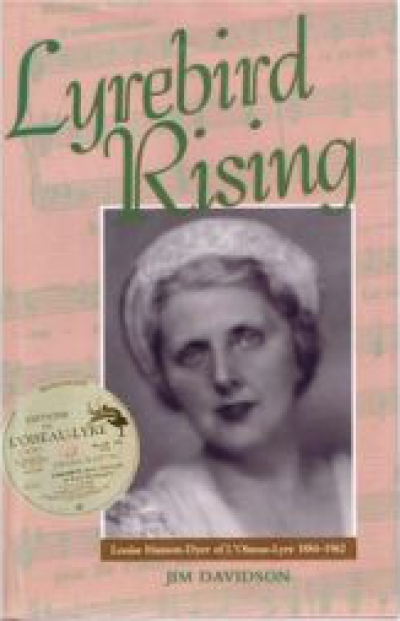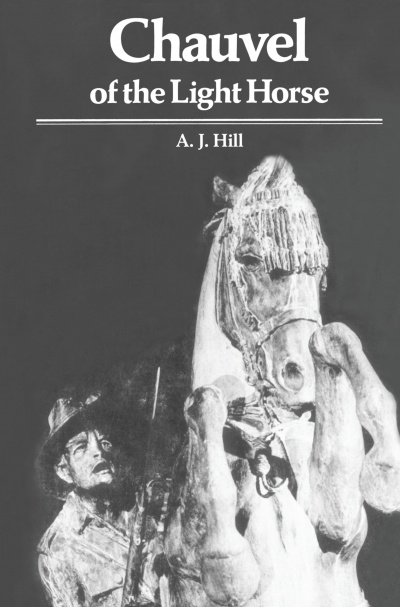Melbourne University Publishing
Lyrebird Rising: Louise Hanson-Dyer of l’Oiseau-Lyre, 1884–1962 by Jim Davidson
by Thomas Shapcott •
Imagining the Pacific: In the wake of the Cook voyages by Bernard Smith
by Jonathan Holmes •




